Your morning brew, made by you, perfected by Breville.

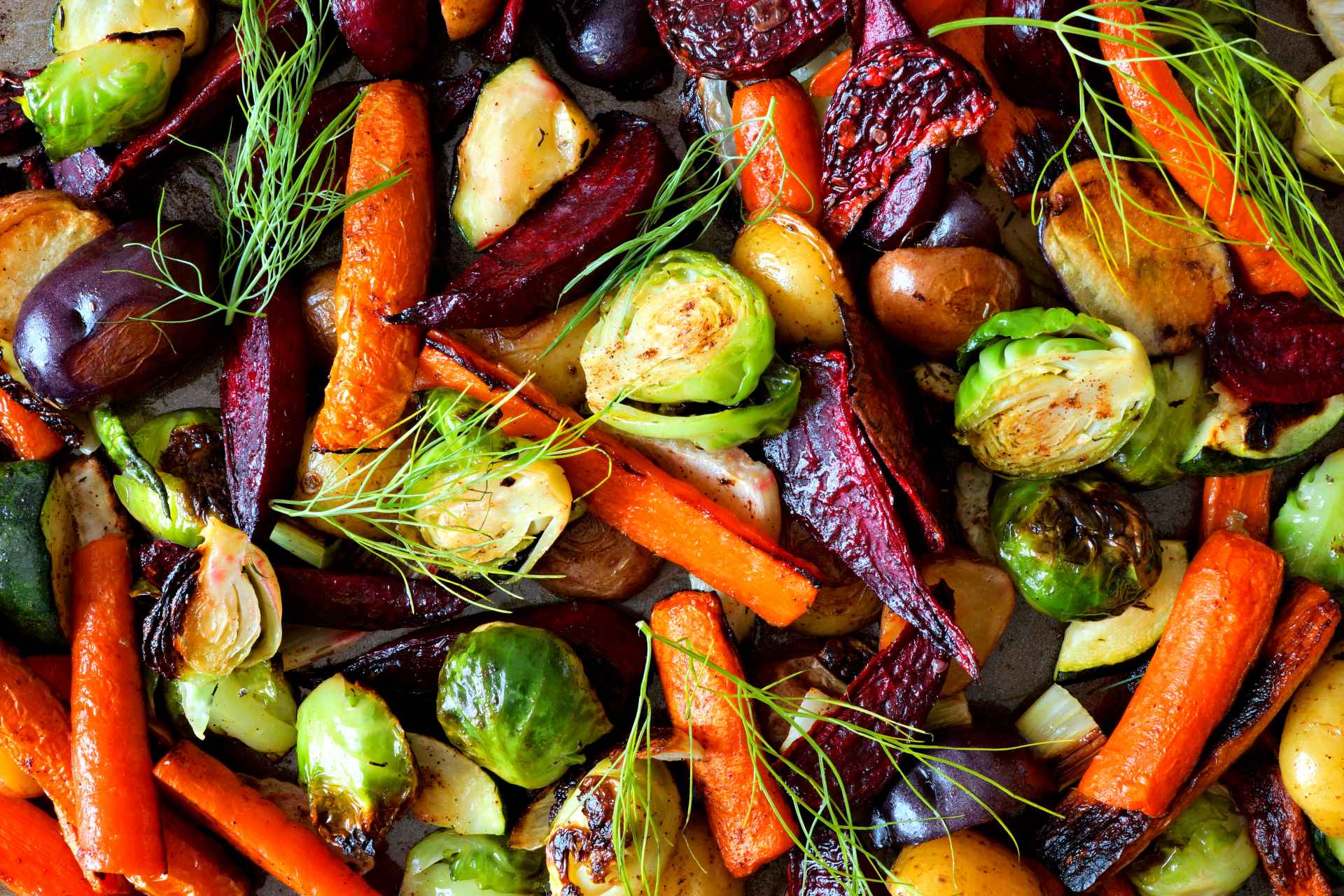
Frost-laden fields may not evoke thoughts of fresh produce, but several fruits and vegetables are at their most flavorful in the winter months. In fact, many of the fruits and veggies we typically associate with fall continue to grow well into the winter.
To honor what’s seasonal, we’ve curated a list highlighting our favorite winter fruits and vegetables to cook with—read on to learn what to shop for, how to pick them out and what to make.
Hungry for more? Check out our library of recipes for inspiration and new ways to use seasonal produce!

Recipe to Try: Golden Beet and Blood Orange Salad
These cool-weather roots can withstand light frosts, so they’re often harvested throughout the winter. Look for small to medium-sized beets that feel firm, which makes them great for peeling or slicing. In this recipe, we use a mandoline to create thin slices of beet, alternating with slices of blood orange for a refreshing salad you can pair with anything from swordfish to tenderloin.
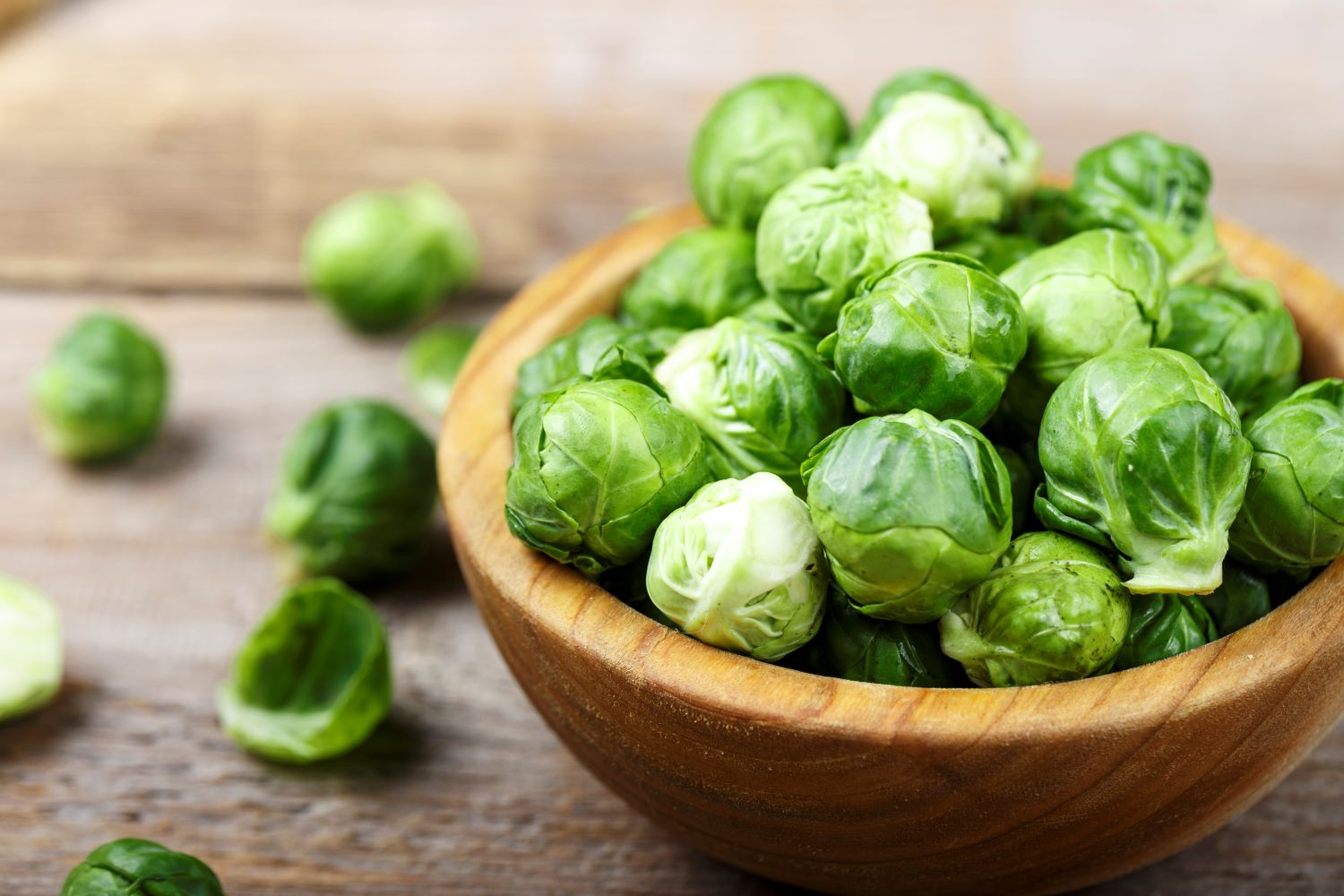
Recipe to Try: Pan-Roasted Brussels Sprouts with Bacon and Walnuts
Even though Brussels sprouts are now available year-round, they used to be considered a winter delicacy. When you’re at the grocery store, make sure you’re picking sprouts that are similar in size (so they cook evenly), have a vibrant green color and have tight heads of leaves. The key to making them delicious (and not mushy) is to not overcook them, which is why we pan-roast them in a large skillet, adding bacon, thyme, lemon zest and walnuts.
Get the Pan-Roasted Brussels Sprouts with Bacon and Walnuts Recipe!

Recipe to Try: Roasted Carrots with Preserved Lemons and Feta
While carrots must be harvested before the ground freezes, storage varieties will keep for months. In some cases, they’ll even get sweeter and more flavorful. This recipe highlights the carrot’s sweet flavor. It’s a simple dish, so the quality of the ingredients is of the utmost importance. Make sure to use firm carrots with bright green bushy tops.
Get the Roasted Carrots with Preserved Lemons and Feta Recipe!

Recipe to Try: Seared Scallops with Grapefruit and Crispy Prosciutto
Most citrus fruit ripens to its sweetest and juiciest in the winter. When it comes to grapefruit, you want uniformly colored grapefruits that are slightly flattened on the sides, indicating the fruit ripened before it was harvested. We stand by this beautiful flavor combination of sweet scallops, tangy grapefruit, salty prosciutto and peppery arugula.
Get the Seared Scallops with Grapefruit and Crispy Prosciutto Recipe!

Recipe to Try: Pear, Gouda and Kale Salad with Walnuts and Sherry Vinaigrette
Kale is a frost-resistant bitter green. The lusher and fuller the leaves, the better. Test for tenderness by rubbing a leaf between your fingers—if it feels tough or fibrous, it’ll probably taste that way. We pair a massaged kale with pear and gouda in this healthy, seasonal salad.
Get the Pear, Gouda and Kale Salad with Walnuts and Sherry Vinaigrette Recipe!
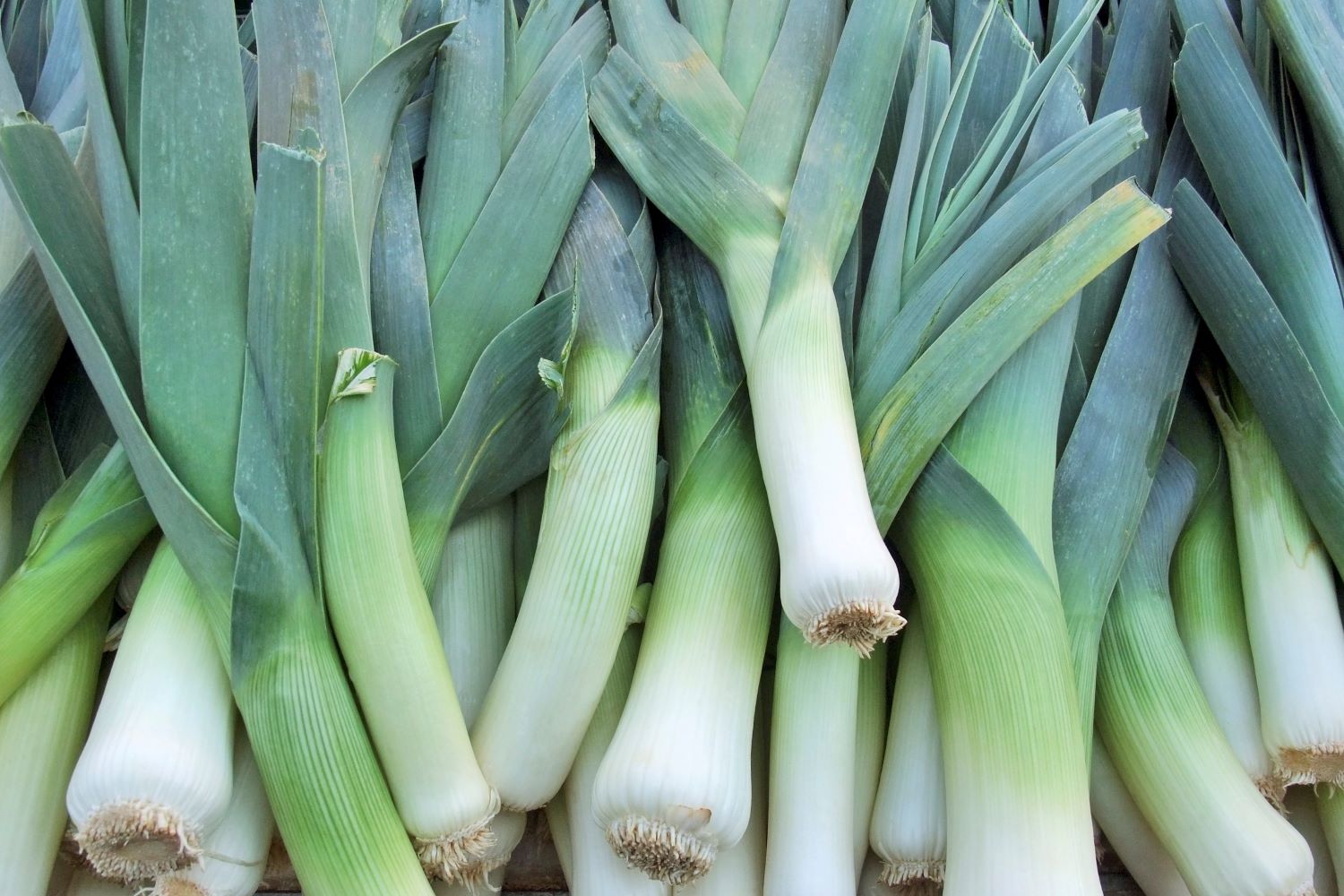
Recipe to Try: Baked Eggs with Spinach and Leeks
This stalky, green member of the onion family thrives in cool, damp weather. You’ll often want to look for small to medium-sized leeks that are more white than green, since most recipes call for the white portion. In this recipe, leeks and spinach enhance baked eggs, served in Le Creuset Petite Cocottes.
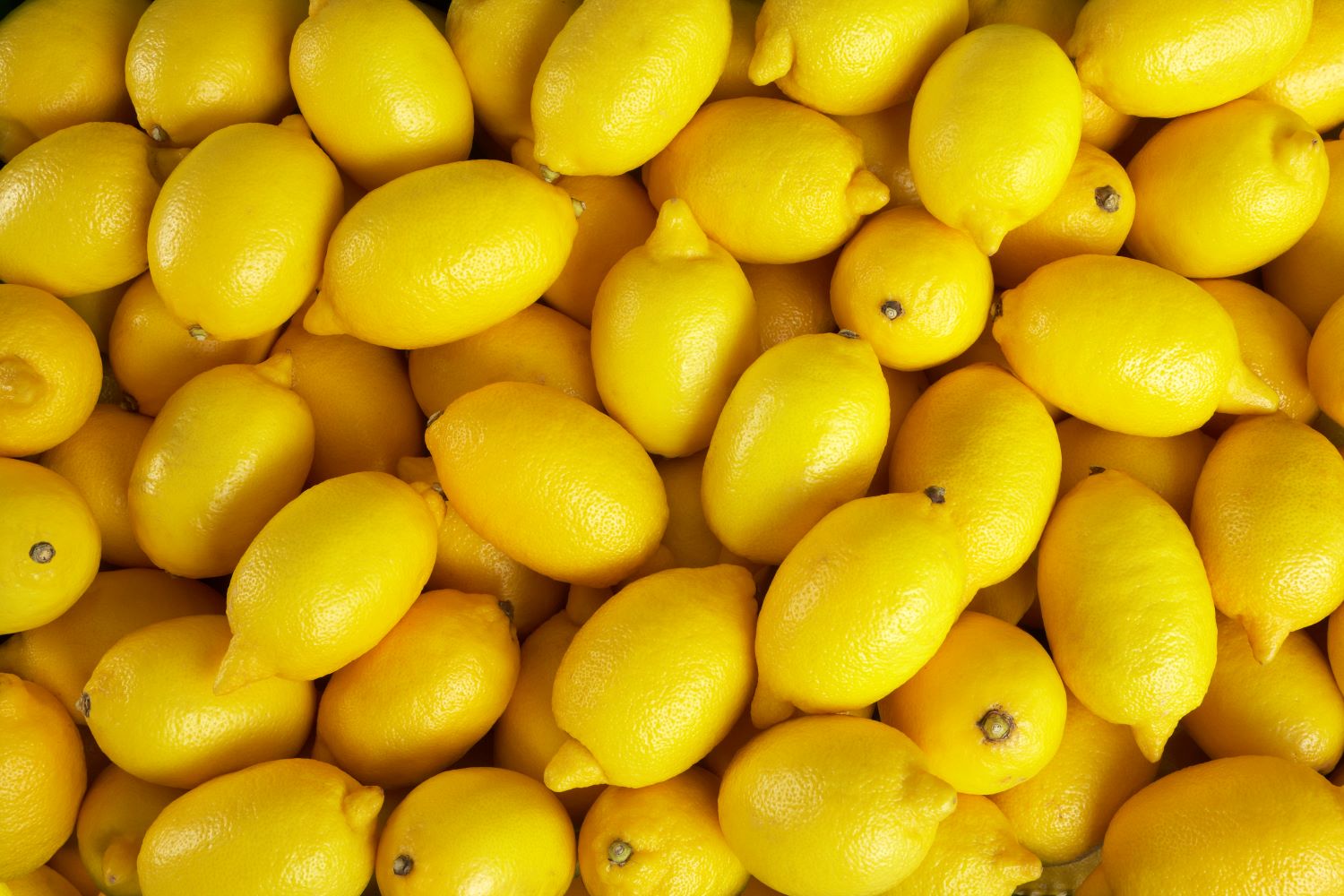
Recipe to Try: Lemon-Herb Cod with Crispy Garlic Potatoes
Lemons are at their sweetest and juiciest during the winter months, including specialty varieties like Meyer lemons. You’ll be looking for lemons that feel heavy (weight equals juice). If you’re zesting lemons, you may want to opt for organic ones to avoid exposure to pesticides. In this recipe, each cod fillet is topped with a lemon slice and thyme sprig, so the citrus flavor infuses the fish as it roasts.
Get the Lemon-Herb Cod with Crispy Garlic Potatoes Recipe!
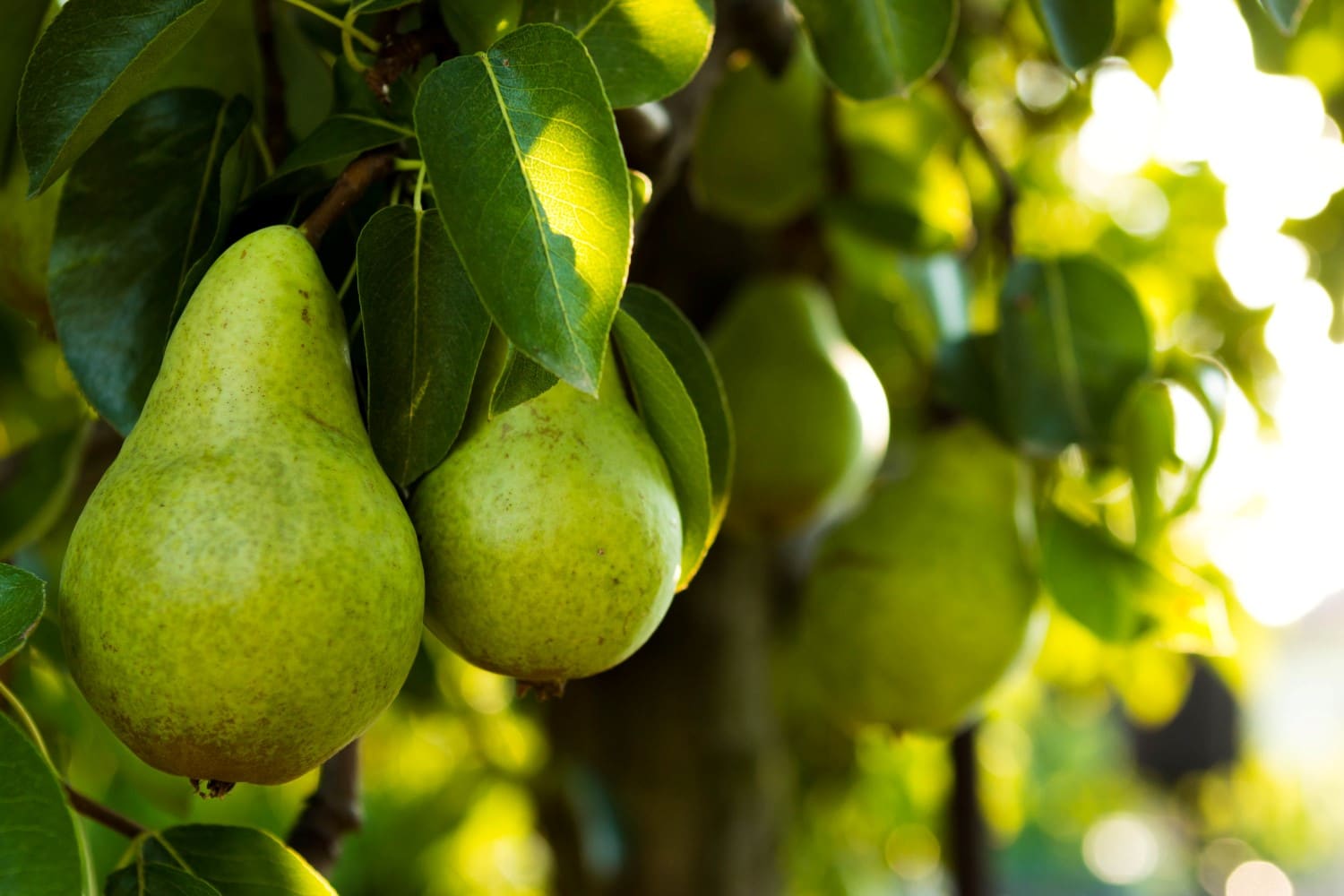
Recipe to Try: Baked Pears with Pecans and Maple Syrup
Pears are often harvested through the fall and stored, then need three to four weeks to ripen. When you’re looking for ripeness, gently press the stem—if it has a little give, it’s ripe. Which is exactly what you want for this dessert, where pears are filled with pecan nuts, baked, then topped with a scoop of ice cream and drizzle of maple syrup.

Recipe to Try: Pumpkin Ravioli with Butter Sage Sauce
There are many kinds of winter squash, including pumpkin. When you pick a pumpkin to bake, you want to make sure the skin is firm and thick and the stem is dry and woody. In this recipe, we halve a sugar pumpkin and place it on a baking sheet to roast for 45 to 50 minutes. Then, we use the roasted pumpkin for a delicious homemade ravioli filling with shallots and Parmesan cheese.
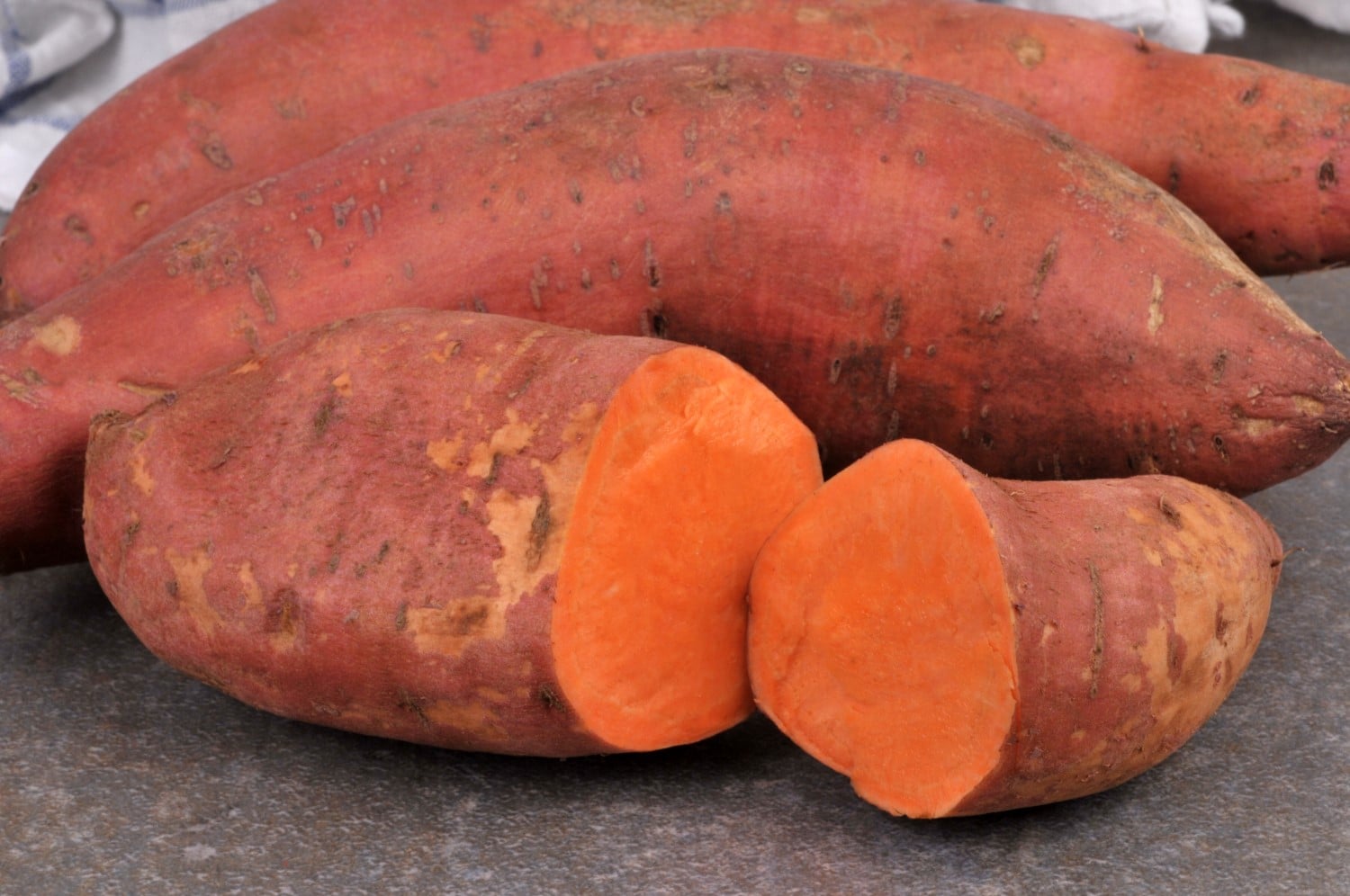
Recipe to Try: Sweet Potato and Leek Soup
Sweet potatoes are generally harvested before the first frost of fall, but they keep well into the winter. You want sweet potatoes that look firm and have evenly colored skin. Both elegant and comforting, this dish makes the perfect side. A hint of spice enhances the flavors of the sweet potato, while the leeks add a touch of sweetness.
Get the Sweet Potato and Leek Soup Recipe!
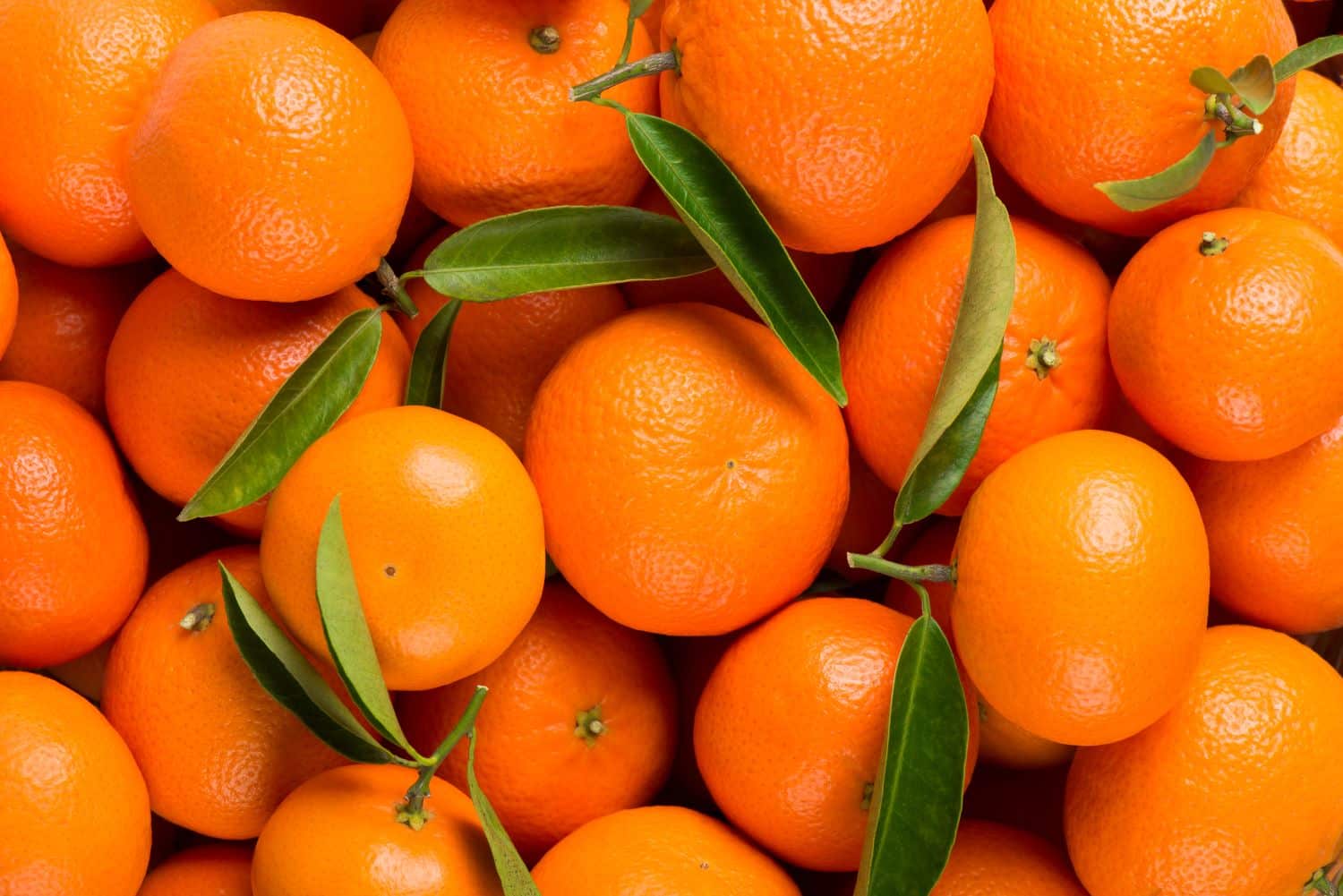
Recipe to Try: Tangerine-Champagne Sorbet
Tangerines get sweeter as the weather gets colder and winter progresses. The heavier they feel, the juicier they’ll be—which is exactly what you’re looking for to make this sorbet. It’s the perfect light dessert to finish off a heavy winter meal—plus, it’s a reason to use your ice cream maker year-round!
Get the Tangerine-Champagne Sorbet Recipe!
Hungry for more? Check out our library of recipes for inspiration and new ways to use seasonal produce!
Join The Conversation